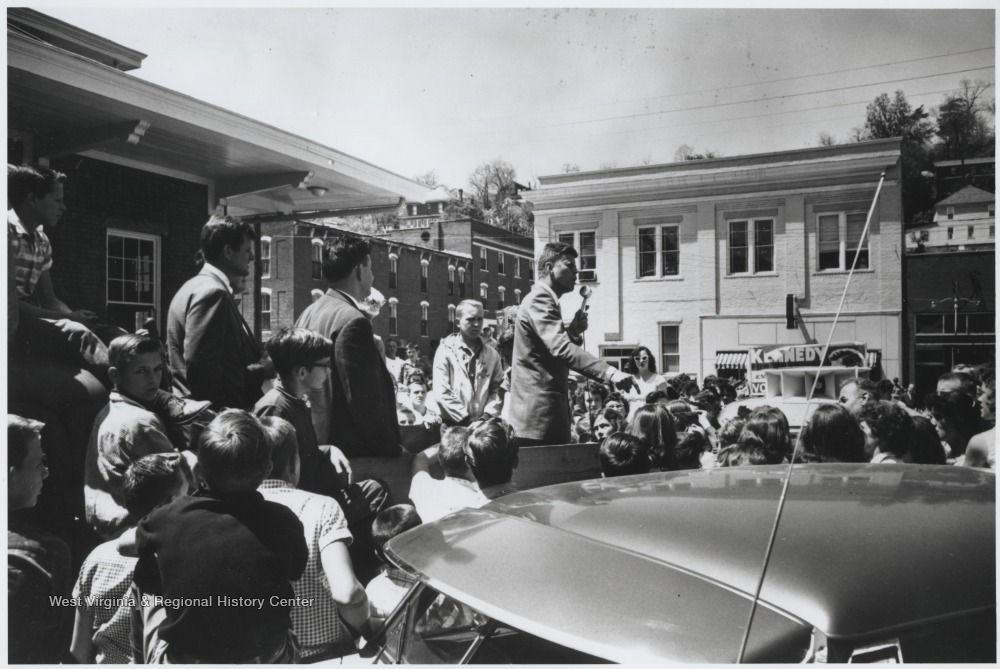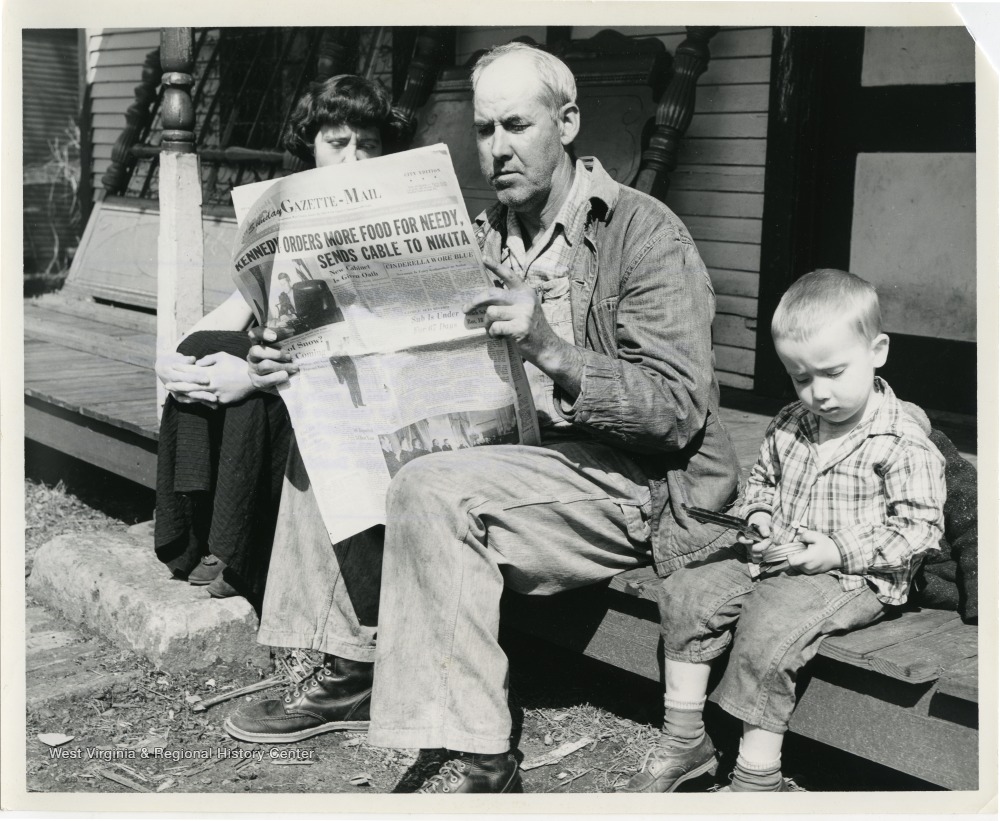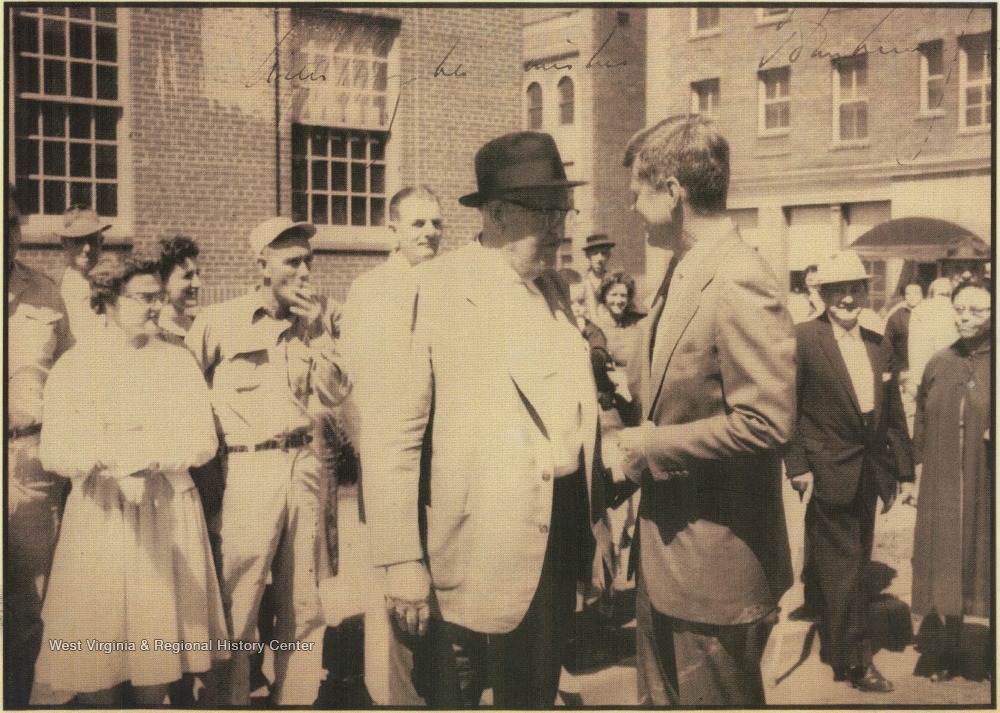Appalachia’s Role in National Politics
In 2016, Donald Trump won 95% of all Appalachian Counties. I don’t think anyone who actually lived in Appalachia at the time was terribly surprised. It apparently shocked the rest of the country. As it attempted to explain this, popular media soon turned its eyes to the region. As NPR put it, journalists “parachuted into Appalachia” to understand what was apparently an enigmatic region. The region even received the credit (or blame, depending on your political affiliation) for securing the win for Trump.
Appalachian support of Trump is old news this year. It was a foregone conclusion that he would again sweep the vote in the region. Instead, the nation focused on Pennsylvania and Georgia. The analysis centers on how ruby red Georgia has become purple in this election.
To be fair, the election results in Georgia and Arizona are fascinating and indicative of important demographic shifts in these states. However, Appalachia is once again tucked away in a little box in the national consciousness. We are contained and labeled: Trump supporters against our best interests, more than a little racist, ignorant, clinging to faltering industries. Once again, Appalachia doesn’t really matter on the national stage. We are back in the place we have traditionally been, and America is focusing elsewhere.
Presidential elections affect Appalachia just like any other part of the country. Our population is a vulnerable one and policy decisions in Washington can have immense repercussions in the everyday lives of our citizens. Many parts of Appalachia are walking a razor-thin margin. Cutting funds to health centers, early childhood education programs and infrastructure–as well as external market forces–can send these communities into a downward spiral that takes decades to correct.
The 1960 Presidential Primary
2016 wasn’t the only election that mattered. In 1960, Central Appalachia found itself in the spotlight during the presidential primary campaign. John F. Kennedy was on the campaign trail and hoping to secure the Democratic nomination. Many in the Democratic Party thought he was a long shot, chiefly due to his Catholic faith. There was a great deal of anti-Catholic sentiment in the country at the time. Kennedy’s struggles in Protestant-leaning areas during the primaries seemed to confirm the Party’s belief.
Kennedy planned to prove them wrong in West Virginia. He had been one of the first candidates to announce his campaigns in the state, and he believed that West Virginians would care more about his policies than his religion. At the time, only about 5% of West Virginians identified as Catholic, making it a perfect testing ground for the hypothesis that he could win Protestant votes.

He arrived in West Virginia in early April of 1960, traveling throughout the state. West Virginia of 60 years ago faced the same issues that the West Virginia of 2020 faces. As I’ve discussed previously on this site, the coal industry in West Virginia has tended to be more bust than boom over the years.
This was certainly true in 1960, and the state was facing significant socioeconomic stressors. Low income, poor healthcare, poor infrastructure and an overall lack of opportunity meant that West Virginians were not sharing in the postwar prosperity enjoyed by the rest of the country. Kennedy traveled the state, speaking with its residents and promising a better future. They believed him and he won a resounding victory in the West Virginia primary. This opened his path to the Presidential nomination and, eventually, the Presidency.
The Sun Doesn’t Always Shine…
Three years later, JFK was the guest of honor during West Virginia’s centennial celebration. The day he spoke was rainy and overcast. He credited the state with his success, remarking “I would not be where I now am, I would not have some of the responsibilities which I now bear, if it had not been for the people of West Virginia.”
The rain put somewhat of a damper on the planned birthday celebrations for the state. However, it also produced one of the most-loved quotes in West Virginia history: The sun does not always shine in West Virginia, but the people always do. This simple statement acknowledges the adversity we face here. It also, however, acknowledges our dignity and our value while nodding to our hospitality. The stereotype of the ignorant hillbilly was just as alive in 1960 as it is today, and having a President speak so highly of our state and our people was a wonderful thing.
JFK’s Enduring Commitment
Alleviating the suffering of Appalachia was one of Kennedy’s top priorities once inaugurated. Today, we remember JFK for his launch of the space race and for his tragic death. However, his mark on Appalachia was equally important. In the spring of 1963, he formed the President’s Appalachian Regional Commission and charged it with formulating a regional development plan to improve the status of Appalachia. This work continued after his death. It culminated n the Appalachian Regional Development Act of 1965, which established the Appalachian Regional Commission. And, as I have covered before, the ARC had a significant impact on the health and well being of Appalachia and West Virginia.

Of course, it would be false to say that the 1960 election cycle changed how the world viewed our region. As happens today, the media focused on the most negative aspects of our state. It tended more towards filming the most desolate of coal camps instead of, say, the joys of an Easter service at a country church. In this way, and in the work of the ARC, it likely worsened stereotypes while also working to improve the quality of life of Appalachia. Regardless, in 1960 the people of West Virginia proved that their voices, and votes, mattered.

Good article (as usual) Mollie!
I was getting ready to graduate from High School when he came to WV.
I graduated, looked around, figured i would either be a coal miner or a farmer, and I wanted to do neither.
I joined the US Navy…and ended up marching in JKF’s inaugural parade…LOL
We marched 10 miles in the snow, gave our rifles back to the armory, and
my buddy Billie B. Cribb and I hitchiked to Tabor City North Carolina from Wash D.C.
to get moonshine and take it back to the training center in Bainbridge MD.
I remember well JFK….:)